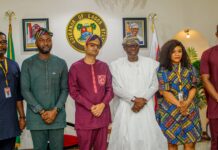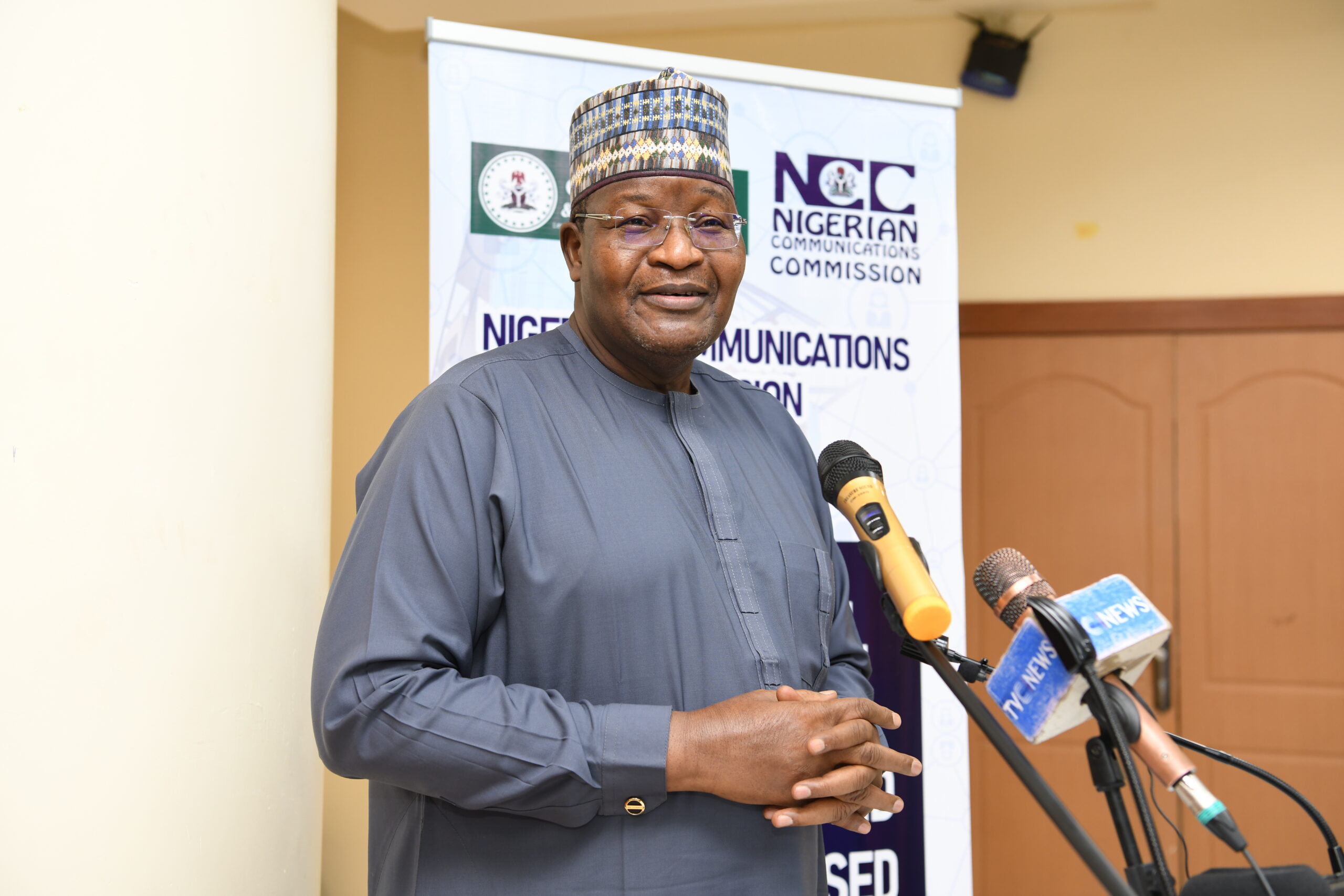In line with President Muhammadu Buhari’s agenda to lift 100m Nigerians from poverty within a decade and the globally acclaimed Sustainable Development Goals, Vice President Yemi Osinbajo, SAN, is leading the Federal Government’s collaboration with the United Nations to improve Nigeria’s food systems. The effort is to attack the menace of hunger, combat malnutrition, reduce poor diet-related diseases among others.
The Federal Government and the United Nations had led series of public dialogues at national and sub-national levels that culminated today in the presentation of the Nigeria Food Systems mapping report to State governments across the six geo-political zones.
Osinbajo made the presentation at a Consolidatory Dialogue for the UN Food Systems Summit held in Abuja, attended by some State Governors, the Deputy Secretary-General of the UN, Ms. Amina Mohammed, members of the Federal Executive Council, Nigeria’s development partners, and other dignitaries from the academia, private and public sectors.
Speaking at the event, the Vice President said aside from the goal of realizing the 2030 Agenda for Sustainable Development and guaranteeing food security for a growing population, the sustainable food systems effort fits into the plan of the Buhari administration to eliminate poverty across Nigeria.
According to the Vice President, “for the government of Nigeria, our commitment to sustainable food systems is one of the key strategies for eliminating poverty across Nigeria. “We know that our target of lifting a hundred million Nigerians out of poverty within a decade is only achievable if we focus on substantially improving agriculture and food systems which assure us of not just good food, but also jobs.
“This perspective on addressing hunger, malnutrition, and poverty runs through our policy frameworks, including our recently launched National Poverty Reduction and Growth Strategy, and our Nutrition Policy that addresses the issues of a sustainable and nutrition-sensitive food system.”
The President had previously named his deputy, the Vice President as Chairman of the Steering Committee to oversee the implementation of the National Poverty Reduction and Growth Strategy. The VP is also the Chairman of the National Council on Nutrition.
Emphasizing the need to develop more efficient food systems, the Vice President noted that “our food system must be resilient enough to significantly impact nutrition security, and our collective efforts must reduce the malnutrition numbers.
“We must realize that defining bold steps to improve food systems and by extension, food security ensures that children have improved health, early development, and increased intellectual and emotional readiness to learn.
“This translates to positive school engagement and improves the potential of children growing into healthy adults.
“On the other hand, imagine a generation of adults who suffer arrested physical and mental health, and the social and economic burden on their families, their communities, and the nation. Imagine the implications of approximately 50% of Nigeria’s population being at risk if we do not get it right.”
Osinbajo called on all stakeholders to translate the recommendations of the dialogues to prompt action, noting that “it would mean embracing the changes required in the modernization of farming practices, mechanization, and reduction of post-harvest losses.”
“We must ensure that we practice environmentally sustainable production; we must empower our communities by creating jobs and livelihoods to sustain the food systems we desire,” the Vice President added.
He said the call by the United Nations Secretary-General on sustainable food systems is apt and timely, noting that “it provides the opportunity to holistically re-examine all the elements of the Food System in Nigeria.”
He added: “I have no doubt that the 39 dialogues held nationally and sub-nationally have been accessible to all stakeholders and able to identify those challenges that still clog our wheel of progress especially in the relevant sectors.”
Other dignitaries at the event include Ministers of Agriculture and Rural Development, Alhaji Mohammed Nanono; Health, Dr. Osagie Ehinare; Finance, Budget, and National Planning, Hajiya Zainab Ahmed; Information and Culture, Alhaji Lai Mohammed; Minister of State for Budget and National Planning, Prince Clem Agba, and the convener of the Dialogue, Mrs. Olusola Idowu. Also at the event, Prof. Kola Amigo from the Ahmadu Bello University presented the findings from the various UN Food Systems dialogues held in the country and a group of Nigerian children similarly voiced their views on the dialogues.













